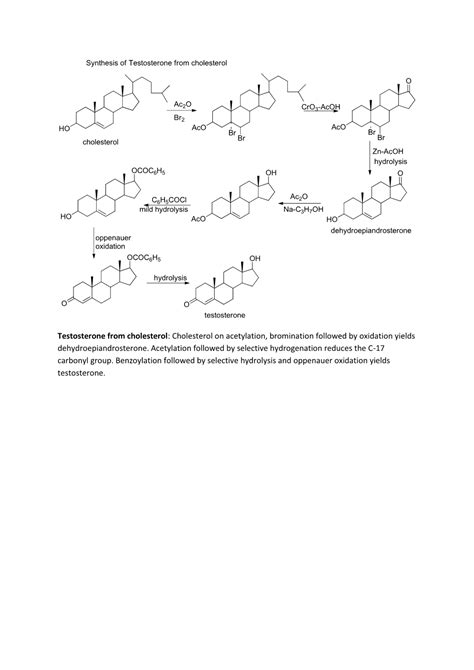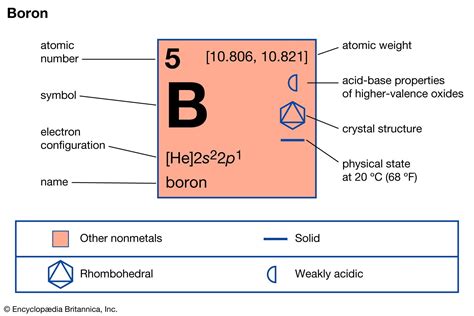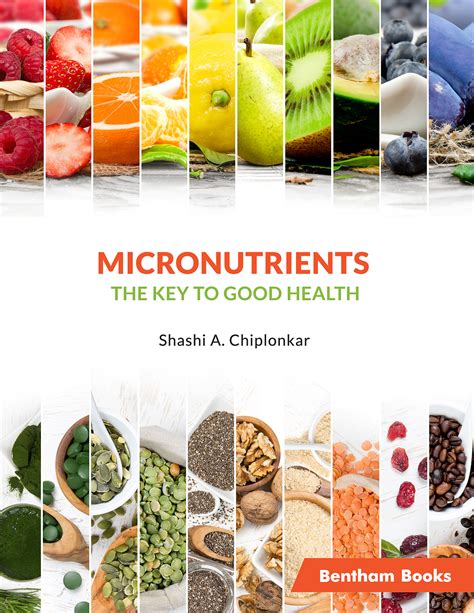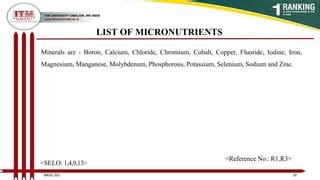The Intricate Dance of Testosterone Production
Testosterone, the primary male sex hormone, is crucial for muscle mass, bone density, mood regulation, libido, and overall vitality. While the importance of adequate calorie and protein intake for general health and hormone production is widely acknowledged, the subtle yet profound influence of specific micronutrients often goes overlooked. Testosterone synthesis is a complex cascade of biochemical reactions, not merely a matter of raw building blocks. It involves a sophisticated interplay of enzymes, cofactors, and signaling molecules, all of which can be modulated by the presence or absence of key vitamins and minerals.
This article delves into how micronutrients like zinc and boron specifically impact the efficiency of these pathways, offering insights beyond the usual macronutrient focus.

Zinc: A Cornerstone for Male Hormonal Health
Zinc is an essential trace mineral involved in over 300 enzymatic reactions in the body, making its role in physiological processes incredibly diverse. For testosterone synthesis, zinc’s contribution is particularly significant. It acts as a crucial cofactor for several enzymes involved in steroidogenesis, the process by which cholesterol is converted into steroid hormones, including testosterone.
Furthermore, zinc plays a pivotal role in the hypothalamic-pituitary-gonadal (HPG) axis, the primary regulatory system for testosterone production. Adequate zinc levels support the optimal secretion of Luteinizing Hormone (LH) and Follicle-Stimulating Hormone (FSH) from the pituitary gland, which in turn signal the Leydig cells in the testes to produce testosterone. Research suggests that zinc deficiency can lead to reduced LH and testosterone levels. Beyond direct synthesis, zinc also functions as an aromatase inhibitor, helping to prevent the conversion of testosterone into estrogen, thereby maintaining a healthier testosterone-to-estrogen balance. Its antioxidant properties also protect Leydig cells from oxidative stress, preserving their function.

Boron: The Emerging Player in Free Testosterone Optimization
Boron is another trace mineral gaining recognition for its potential impact on male hormonal health, though its mechanisms are not as extensively researched as zinc’s. Emerging evidence suggests that boron may influence testosterone levels primarily by affecting Sex Hormone Binding Globulin (SHBG). SHBG binds to testosterone, rendering it biologically inactive. By potentially reducing SHBG levels, boron can increase the amount of free (unbound and active) testosterone circulating in the bloodstream, making more of the hormone available for cellular use.
Studies have indicated that boron supplementation can lead to a significant increase in free testosterone and a decrease in estrogen levels in men. Boron also appears to interact with other critical micronutrients, influencing the metabolism of vitamin D and magnesium, both of which are themselves linked to healthy testosterone production. Its anti-inflammatory properties may also contribute to overall endocrine health, creating a more favorable environment for hormone synthesis.

Beyond Zinc and Boron: A Symphony of Micronutrients
While zinc and boron stand out for their direct and indirect roles, it’s crucial to understand that testosterone synthesis is a holistic process influenced by a spectrum of micronutrients. Vitamin D, often acting as a pro-hormone, has a well-established link to testosterone levels, with deficiencies frequently correlating with lower testosterone. Magnesium is another vital mineral, acting as a cofactor in numerous enzymatic reactions, including those related to hormone production. Selenium, B vitamins, and even various antioxidants all contribute to a cellular environment conducive to optimal endocrine function and efficient testosterone synthesis.

Dietary Strategies for Optimal Micronutrient Intake
To ensure adequate intake of these critical micronutrients, a diverse, whole-food-based diet is paramount. For zinc, excellent sources include red meat, poultry, shellfish (especially oysters), legumes, nuts, seeds, and whole grains. Boron can be found in a variety of fruits (apples, grapes, avocado), vegetables, nuts, legumes, and coffee. While supplements can provide targeted support, they should be approached cautiously and ideally under the guidance of a healthcare professional, as excessive intake of certain micronutrients can be detrimental. Prioritizing nutrient-dense foods over processed options will naturally supply a broader spectrum of vitamins and minerals essential for not just testosterone, but overall health.

Conclusion: A Holistic Approach to Hormonal Wellness
The efficiency of a man’s testosterone synthesis pathways extends far beyond the foundational intake of calories and protein. Specific micronutrients like zinc and boron play distinct and significant roles, from directly supporting enzymatic reactions to modulating hormone-binding proteins and influencing critical regulatory axes. Understanding these intricate influences highlights the importance of a comprehensive nutritional strategy. A diet rich in a wide array of vitamins and minerals, rather than a sole focus on macronutrients, is essential for optimizing hormonal health, ensuring that the body has all the necessary tools to produce testosterone efficiently and maintain overall vitality.




